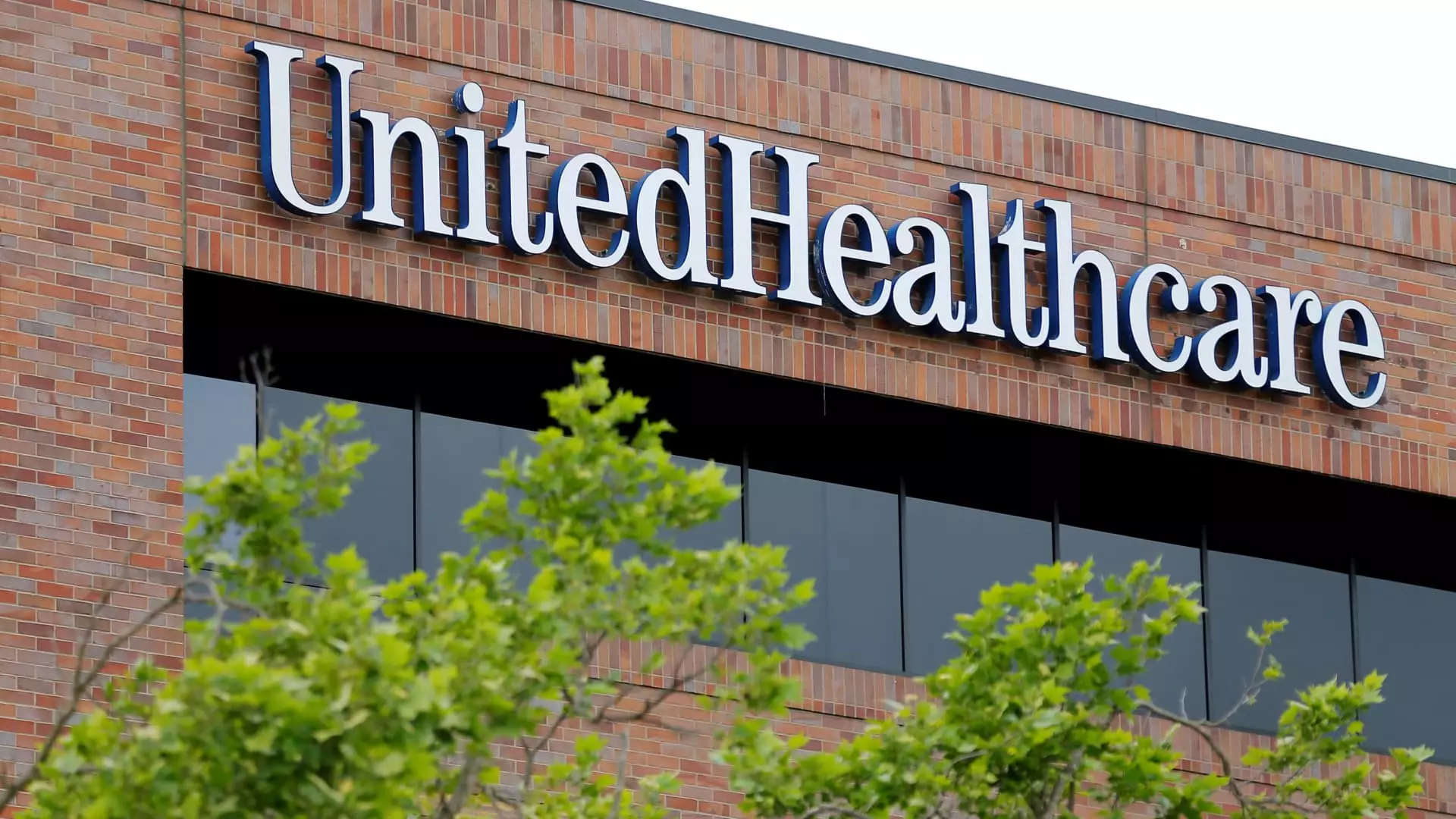UnitedHealthcare, a leading name in the American health insurance landscape, finds itself embroiled in a series of concerning issues that cast a long shadow over its reputation and operations. Recent news reports indicate that the U.S. Department of Justice has launched a civil fraud investigation into the company’s billing practices related to its Medicare Advantage plans. This probe seeks to uncover whether the insurance giant has been manipulating diagnosis codes to secure additional payments from Medicare, potentially undermining the integrity of a program critical to the health care of millions of American seniors.
The Medicare Advantage program, established to offer enhanced benefits to beneficiaries, allows private insurers to manage care while receiving fixed payments from the government. However, reports suggest that billing irregularities within the program may reflect broader systemic issues and excessive costs impacting patients and providers alike. The scrutiny surrounding UnitedHealthcare’s practices exacerbates a troubling trend, as the insurance sector has faced increasing public and governmental examination over financial conduct and patient care standards.
The fallout from these inquiries has been palpable in the financial markets, with shares of UnitedHealth Group experiencing a notable decline—around 23% in the last three months alone. The immediate impact of the investigation announcement saw stocks plummet by 9% in one day, triggering alarm among investors who are wary of the potential financial repercussions. Industry analysts maintain that while the investigation may not pose immediate existential threats, the uncertainty surrounding UnitedHealthcare’s compliance could resonate negatively in the long term.
Furthermore, this environment of scrutiny coincides with broader economic challenges facing the industry, including rising healthcare costs that continue to burden both consumers and providers. The cyclical nature of health insurance operations means that financial transparency and compliance with federal regulations are not merely legal formalities; they are pivotal to maintaining trust and operational viability within a sector that serves the public interest.
In the midst of external pressures, UnitedHealthcare is grappling with its internal workforce dynamics. Reports suggest that the company is actively offering buyouts to employees and considering layoffs to streamline operations. This strategy appears to be part of a broader initiative aimed at cost-cutting, particularly as the company increasingly looks to leverage technology and digital solutions in its service delivery model.
The suggestion of layoffs raises further concerns about workforce morale and operational effectiveness, especially in a field where the quality of service often hinges on the expertise and dedication of its personnel. The interplay between maintaining a skilled workforce and reducing operational costs may become a significant balancing act for UnitedHealthcare as it navigates tumultuous waters.
Adding to the mounting challenges, UnitedHealthcare has recently found itself at the center of public disputes involving prominent figures. Notably, billionaire investor Bill Ackman has engaged publicly with the insurance company over allegations made by healthcare professionals regarding denial of necessary medical procedures. Ackman’s move to support a doctor claiming wrongful treatment reflects the growing public discourse around the ways insurers manage patient care and claims. His outcry, coupled with calls for governmental investigations into oversights, encapsulates the frustrations many stakeholders feel towards a perceived profit-driven approach to healthcare.
Similarly, the public uproar following the tragic death of UnitedHealthcare CEO Brian Thompson last December has placed the company under further scrutiny. This incident has brought renewed attention to the overarching frustrations facing patients and advocates concerning denied claims and inadequate care, amplifying demands for systemic reform within the insurance industry.
Cybersecurity Concerns: Fallout from a Major Breach
In addition to operational and public relations challenges, UnitedHealthcare is also reeling from the effects of a significant cyberattack that compromised the sensitive health information of approximately 190 million individuals. The fallout from this breach underscores the vulnerabilities present in healthcare data management and raises critical questions about the security measures employed by major health insurers. UnitedHealthcare’s admission of a prolonged awareness regarding the breach also points to potential lapses in internal vigilance that may erode public confidence.
The cumulative effect of these difficulties sets a precarious stage for UnitedHealthcare and its parent company, UnitedHealth Group. While the organization is positioned as a powerhouse in the industry, it must navigate an increasingly complex landscape rife with challenges that could have lasting implications for its reputation, employee engagement, and ultimately, the quality of care provided to millions of American patients. Addressing these multifaceted issues head-on will be crucial for restoring trust and ensuring the long-term sustainability of its operations in a heavily scrutinized sector.


Leave a Reply